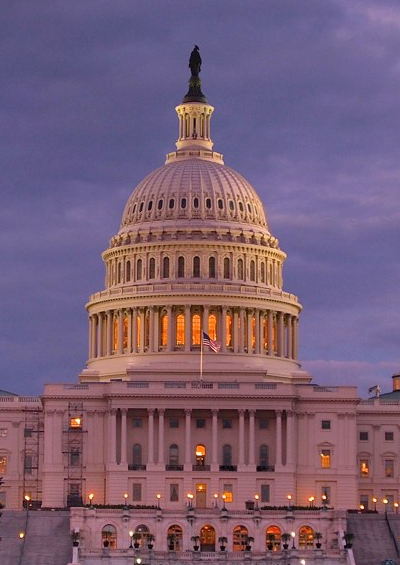German “New SPD”: No Real Red Lines, No Hard Deadlines
It looks like CDU/CSU and SPD agreeing to stay together throughout 2020. But the risk that the SPD throws in the towel continues to loom large.
December 9, 2019
After a tame SPD convention held this past weekend in Berlin from December 6-8, is Angela Merkel’s grand coalition between the CDU/CSU and SPD now safe? Not quite.
It definitely helps that the new left-wing leaders of the SPD, Saskia Esken and Norbert Walter Borjans, are shying away bringing down the government soon, but the always faction-riven SPD remains an unpredictable ally for Merkel.
Thus, there is a better than even chance that the SPD will stay in the German government throughout 2020.
Why the SPD tamed itself
Three decisions which the SPD took at its party convention suggest that the center-left party would rather stay in government than run the risk of losing one third of its seats in parliament at potential new elections:
1. Although the SPD drew up a list of leftist demands (more investment, higher minimum wage etc), it set no real red lines or hard deadlines which it labels as “talks” rather than “negotiations” with its senior coalition partner, the CDU/CSU, about the government agenda for the remainder of the parliamentary term that runs until autumn 2021.
2. Beyond the SPD’s new left-wing leaders, the party’s parliamentary faction and its government ministers will be heavily involved in the talks with the CDU/CSU. For self-evident reasons, the SPD members of parliament and its ministers have a strong interest in preserving the status quo.
3. The final decision as to whether or not to remain in government after talks with the CDU/CSU about potential policy changes will rest with the SPD presidium in which those who want to stay in are strongly represented.
By no means an all-clear signal from the SPD
For two reasons, the risk that the desperate SPD may walk out on Merkel in 2020 remains elevated nonetheless.
1. The new little-known and uncharismatic SPD leadership duo of Saskia Esken and Norbert Walter Borjans face an uphill struggle to revive the fortunes of their badly battered party, to put it very mildly.
More likely, the SPD will continue on a path towards electoral irrelevance as most of the new leadership’s key themes do not resonate well with their party’s traditional working-class base.
Two opinion polls taken after the SPD membership ballot in favour of Esken/Walter-Borjans show a further slump in support for the SPD from 14% to an all-time low of 11% (Forsa) and from 15% to 13% (infratest dimap).
Such low numbers could strengthen the desire among party activists for a fundamental change – i.e., to get out of government.
2. CDU/CSU leaders show little inclination to grant the SPD major policy changes. The CDU/CSU sees a balanced budget as one of its major achievements in government.
Moreover, the CDU’s leader Annegret-Kramp-Karrenbauer, who is herself embattled, is using the current debates to raise her profile as a determined leader.
To that end, she has flatly rejected several of the “new SPD’s” core demands. This includes abolishing the “black zero” (balanced federal budget) and softening the constitutional debt brake, which restricts federal fiscal deficits to 0.35% of GDP in normal times.
Room for compromises exists
Germany being Germany, room for political compromise (almost) always exists. The Merkel government may use some off-budget funds to de facto get around the “black zero.”
It may ask an independent commission to evaluate the scope for a higher minimum wage (the SPD demands €12 per hour instead of the current €9.19).
In negotiations with the upper house of parliament, the Bundesrat, in which the Greens have a de facto veto, the starting level for the proposed carbon tax on sectors not covered yet by an emission trading scheme may be raised beyond the envisaged €10 per ton of CO2 emissions.
Conclusion
There is a better than even chance that CDU/CSU and SPD will find an agreement, stay together and allow Merkel to remain chancellor throughout 2020.
Still, the risk that the SPD may give in to the impulse to turn its back on government and lick its wounds in opposition instead continues to loom large.
Takeaways
The SPD will fade into electoral irrelevance as most of the new leadership’s themes do not resonate well with the party’s traditional working-class base.
CDU leader Annegret-Kramp-Karrenbauer has flatly rejected several of the “new SPD’s” core demands to raise her profile as a determined leader.
Germany being Germany, room for political compromise (almost) always exists.
There is a better than even chance that CDU/CSU and SPD will find an agreement, stay together and allow Merkel to remain chancellor throughout 2020.

